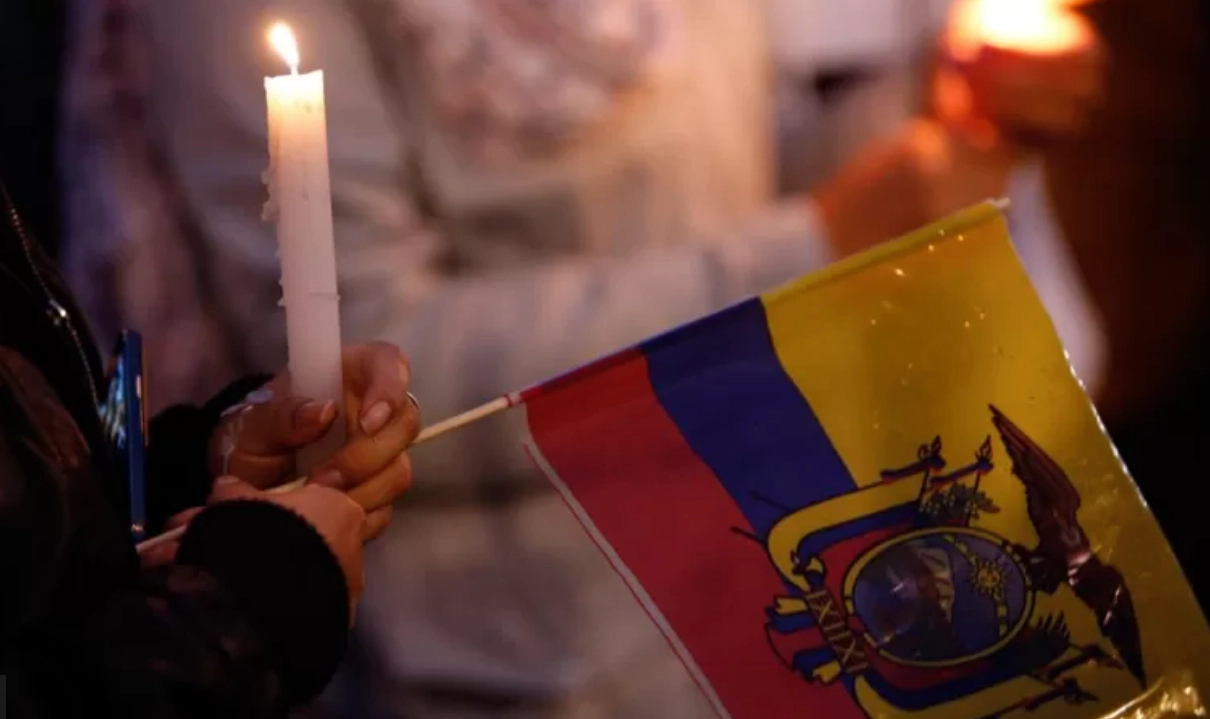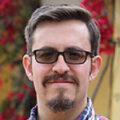Until a little more than 15 years ago, Ecuador was an “island of peace”. In the 1980s, drug trafficking, narcoterrorism, organized crime, and paramilitarism bled its neighbors Colombia and Peru. For this reason, many claimed that this was an unprecedented case, and some wondered why a small, economically vulnerable country, with a state dependent on raw materials, an unresolved border conflict, and a fledgling democracy could escape violence. This country that, as Alexander von Humboldt had rightly said between 1799 and 1804, lived poorly in the midst of innumerable riches, slept among crunching volcanoes, and rejoiced with sad music. It was just another South American country, perhaps irrelevant on the international scene, but peaceful.
Since the creation of the United Nations System, Ecuador has always advocated the peaceful resolution of disputes and, at least in the international arena, has appealed to respect the institutions. It is a country that, in the midst of its problems, has always tried to develop a democracy, which, although weak, imperfect, and seduced by caudillismo, tried to make its way among its Latin American peers.
Ecuadorian democracy survived the death of a former president in office, two wars, the kidnapping of a president from a military base, two El Niño events, two debt crises, the collapse of its financial system, and dollarization. It was a country in which, although precautions had to be taken (as in any Latin American country), there was no talk of car bombs, corpses hanging from bridges, extortion of small and medium-sized businesses, assassinations of candidates for any elected office or of people torn to pieces in prisons and, even less, of politicians taking pictures with drug traffickers or running former members of criminal gangs (such as the Latin Kings) for the National Assembly.
Ecuador was a state with ups and downs, but one that maintained control of the legitimate monopoly of violence. The institutions in charge of security had strong levels of credibility and citizen trust and, despite the shortages and needs of the people, there was still a social fabric with neighborhood activities, where neighbors met at city festivals or in demands of attention from their leaders.
The country in which I grew up was by no means perfect, it was still unfair to those who had the least and, toward the end of the nineties, many compatriots had to immigrate to Spain, the United States, or Italy to look for opportunities, but with the hope of returning, buying a house and setting up a business that would allow them to spend the rest of their days in their country.
There were political problems in that country, as in any other in the region, but there were no threatened candidates or assassinated authorities. The last assassination of a presidential candidate occurred in 1978 when the enemies of democracy at that time wanted to prevent him from returning to the country.
Today, those enemies have settled in Ecuador, and the recent assassination of the presidential candidate has marked a before and after. Fernando Villavicencio had denounced the threats of the cancer of organized crime and for that reason, he was gunned down at 17:30 in the afternoon in the north center of the capital and in conditions that generate suspicion due to the lack of foresight of his security team, made up of police and private personnel.
That country no longer exists and many want to leave what is left of it. No one wants to live in the anxiety of not knowing if they will return home safe, if a stray bullet will kill a loved one, or if they will have to choose between paying extortion or continuing to live.
I grew up in a peaceful country, where there was no fear of going to the polls, where doing politics may not have been the best decision, but it did not cost your life. Now I survive in the midst of the violence that tries to impose its peace with fire, tears, and pain, and in the midst of a dying democracy, to which, who knows, soon someone will give it the last rites.
*Translated from Spanish by Janaína Ruviaro da Silva













